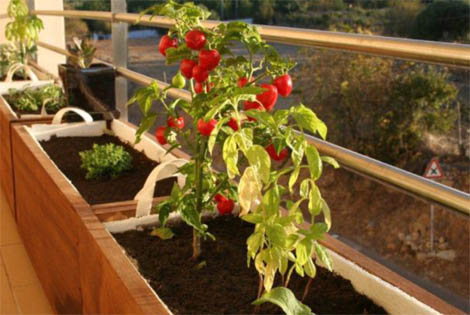 The In Loco association wants to see the canteens of public schools in the Algarve supplied by local producers. The local development association launched the theme at the 4th edition of its Summer University, which took place in Faro last week and brought to the region an example from Italy, where this is already happening.
The In Loco association wants to see the canteens of public schools in the Algarve supplied by local producers. The local development association launched the theme at the 4th edition of its Summer University, which took place in Faro last week and brought to the region an example from Italy, where this is already happening.
Priscila Soares and Nelson Dias, from the In Loco association, were the guests of this week's radio program Impressões, jointly organized by Sul Informação and by Rádio Universitária do Algarve RUA FM. The program can be heard in full tomorrow, on 102.7 FM or on the RUA website.
Maintaining a local supply, without violating Community law, seems to be a sticky problem, but an experience carried out in Italy has proved that this is not the case. Basically, some creativity and good organizational skills are enough.
Proximity consumption and production was the theme of the 3rd day of the Summer University, a subject that «is very dear to In Loco», namely «creating short circuits between producer and consumer, without intermediaries». «Prove Project is significant in this regard, but we wanted to go further and bring to the table a topic that is no longer new, but that needs to be worked on, which is to create short production/consumption circuits between those who produce and those who consumes in school canteens, ensuring that local production is transported to canteens», said Nelson Dias.
In Loco invited all Algarve municipalities to be present at the debate. “The presidents of the Chamber of Faro and Tavira, the vice-president of the Chamber of São Brás de Alportel and the councilor of the Chamber of Loulé».
“The debate was very interesting. They [the mayors] had the opportunity to listen, before discussing what can be done in the Algarve, an Italian experience, which we invited, which came precisely to demonstrate how some problems that we are facing here have been resolved. The realities are different, but there are points where they touch», revealed Nelson Dias.
“One problem is the legal issue of public procurement. Local authorities have to open a public tender, national or international, to contract the canteen supply service. Another problem is the fact that we are talking about local production, therefore, on a small scale. In other words, it doesn't have the size to present itself alone to a public competition or to supply school canteens. Italy showed us how this is possible», he revealed.
“It is also about small farmers, who have organized themselves. There is an organizational work so that, together, they can plan their plantations, so that they produce what is necessary to supply the canteen for a year. Because there can't be a failure,” he explained.
“On the other hand, it was necessary to prepare public tenders, without harming the European regulatory framework, as we are talking about rules for the competitiveness of an open market. And a very simple thing was done. Community legislation is not violated, but criteria are introduced that favor proposals that guarantee the freshness of food», he said.
In this way, it is possible to boost the local economy and improve the quality of food in the canteens, while saving the environment. The consumption of what is produced locally has, as Priscila Soares emphasized, an “economic, environmental and social” dimension.
This was just one of the issues discussed at the 4th edition of the In Loco Summer University. In the coming days, the Sul Informação will reveal more about this interview, where all these themes were addressed.


















Comments